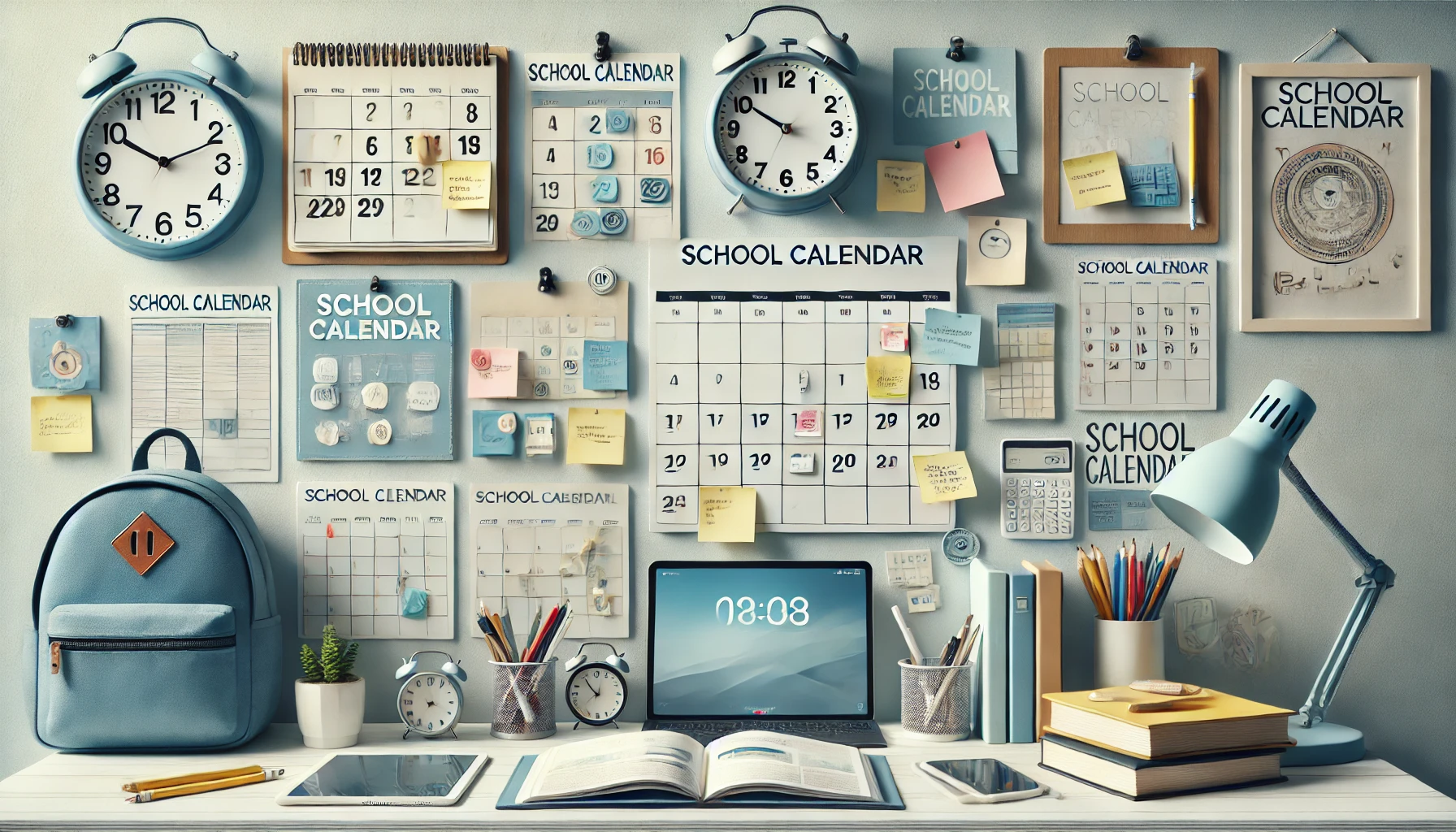
In 2022, I graduated from Bialik College with an ATAR of 99.65 and a raw study score of 50 in Psychology. While that might sound like I was always confident in the subject, the reality was quite different. I often doubted myself, struggled with dense theory, and felt overwhelmed more than once. What made the difference wasn’t natural talent—it was persistence, adaptability, and smart, evolving study habits. This article shares the strategies that helped me get through the year and might just help you find your own rhythm too.
Use a Variety of Study Techniques
The biggest mistake I see students make is relying on one method—especially just doing practice questions. That can quickly lead to burnout. Instead, rotate between different approaches:
- Reading and Summarising: Reinforce the foundations with your textbook, notes, or online summaries.
- Flashcards: Great if you enjoy repetition—but start early, not at the last minute.
- Multimedia: I found podcasts and YouTube videos especially useful. I’d listen to them while walking or doing chores. Hearing the same content in a new format helped consolidate it.
- Active Recall and Questions: Still essential—but use them to test your understanding, not just for drilling.
Switching things up prevents boredom, boosts motivation, and helps you build the kind of deep, flexible understanding needed in exam conditions.
Go Beyond What’s Set in Class
If you want to improve steadily, take initiative. That means going beyond the homework and reading ahead, breaking down complex content on your own, or working through extra questions. Giving yourself tasks outside of what’s formally set can accelerate your learning and clarify topics before they get overwhelming.
Think Slightly Outside the Study Design
A common question students ask is: “Do I actually need to know this?” It’s a fair question—but the answer isn’t always black and white.
In Psychology, certain terms—like specific drug treatments for mental disorders—aren’t required, but they regularly show up in VCAA questions. When they do, the exam provides context—but having a basic familiarity gives you an edge.
The key is to build a little extra context where it helps your understanding. You don’t need to memorise every off-syllabus detail—but learning selectively can make applying your knowledge much easier under pressure.

Aim to Understand, Not Just Memorise
It’s easy to panic about definitions and key terms. But if you’re only memorising, your answers will sound robotic—and worse, you may forget them in the stress of the exam.
Instead, focus on internalising the ideas behind the content. Can you explain it to someone else in your own words? Can you apply it to a scenario? That’s what examiners are really looking for. Understanding builds confidence—while rote memorisation often falls apart under time pressure.
Ignore the Study Score Calculators
Online score predictors often give students false hope—or unnecessary stress. They don’t factor in cohort strength, SAC difficulty, or scaling. In my case, the calculator said a 50 would require near-perfect marks—which wasn’t true. Just focus on steady improvement and your personal best. Your energy is far better spent on real study than trying to game an algorithm.
Seek Help Early and Often
There were so many times when I wrestled with a difficult concept for hours, only for a quick conversation with a teacher, friend or tutor to clear it up instantly. Don’t sit with confusion. Psychology can be full of tricky terminology and subtle distinctions—getting clarification early will save you hours down the track.
Find Your Own Study Rhythm
There’s no one-size-fits-all method. What worked for me won’t necessarily work for another person, but what you ultimately need is a flexible, personalised, responsive approach. I tried different techniques, tracked what helped, and adjusted as the year went on.
If something stops working, don’t keep pushing through for the sake of it. Pivot. Experiment. Be honest with yourself about whether your current approach is effective or just comfortable.
Prioritise Your Wellbeing
VCE is demanding—but burning out won’t help. If you can’t concentrate, step away. Even short breaks—listening to a podcast, walking outside—can refresh your mind. Long hours don’t always equal high productivity.
I had the best results when I paced myself and maintained balance. Mental and physical health make a massive difference to your ability to learn and retain information.
Final Words
Confidence isn’t a requirement for success—it’s something that grows over time, often after repeated setbacks. Keep working, stay curious, and be open to trying new things. Psychology is a fascinating, insightful subject, and with the right strategies, you’ll get far more out of it than just a score.








